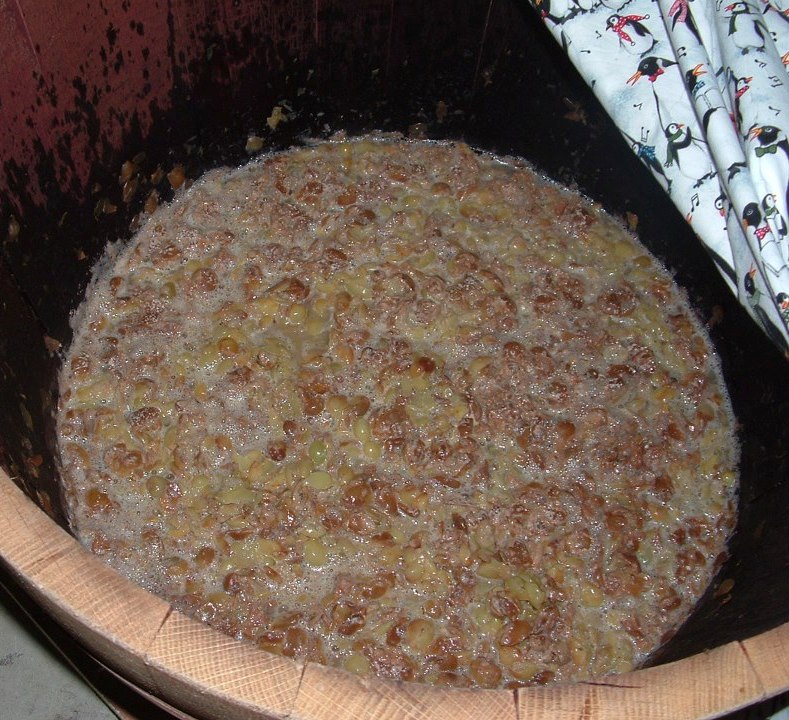
Sometimes you need a little help from your friends.
In this case, none of us are brewers. But fortunately we know people who are! Master Drakey (Baron Drake Morgan, OL, breaker of women's hearts, member of the 'I ate hemlock and survived' club...) a brewing and cooking laurel used to taking the uninitiated through the brewing, helped us via many skype sessions work on a Barley Ale (including a brew-along-adventure), advising on the malting process and the wine experiment from the last round. Thank you Drakey!
Here is the link to the ale work he did for us on his website Dining with the Khan. This website should be a fabulous resource when he is finished, and we strongly encourage you to check it out.
In this case, none of us are brewers. But fortunately we know people who are! Master Drakey (Baron Drake Morgan, OL, breaker of women's hearts, member of the 'I ate hemlock and survived' club...) a brewing and cooking laurel used to taking the uninitiated through the brewing, helped us via many skype sessions work on a Barley Ale (including a brew-along-adventure), advising on the malting process and the wine experiment from the last round. Thank you Drakey!
Here is the link to the ale work he did for us on his website Dining with the Khan. This website should be a fabulous resource when he is finished, and we strongly encourage you to check it out.

 RSS Feed
RSS Feed